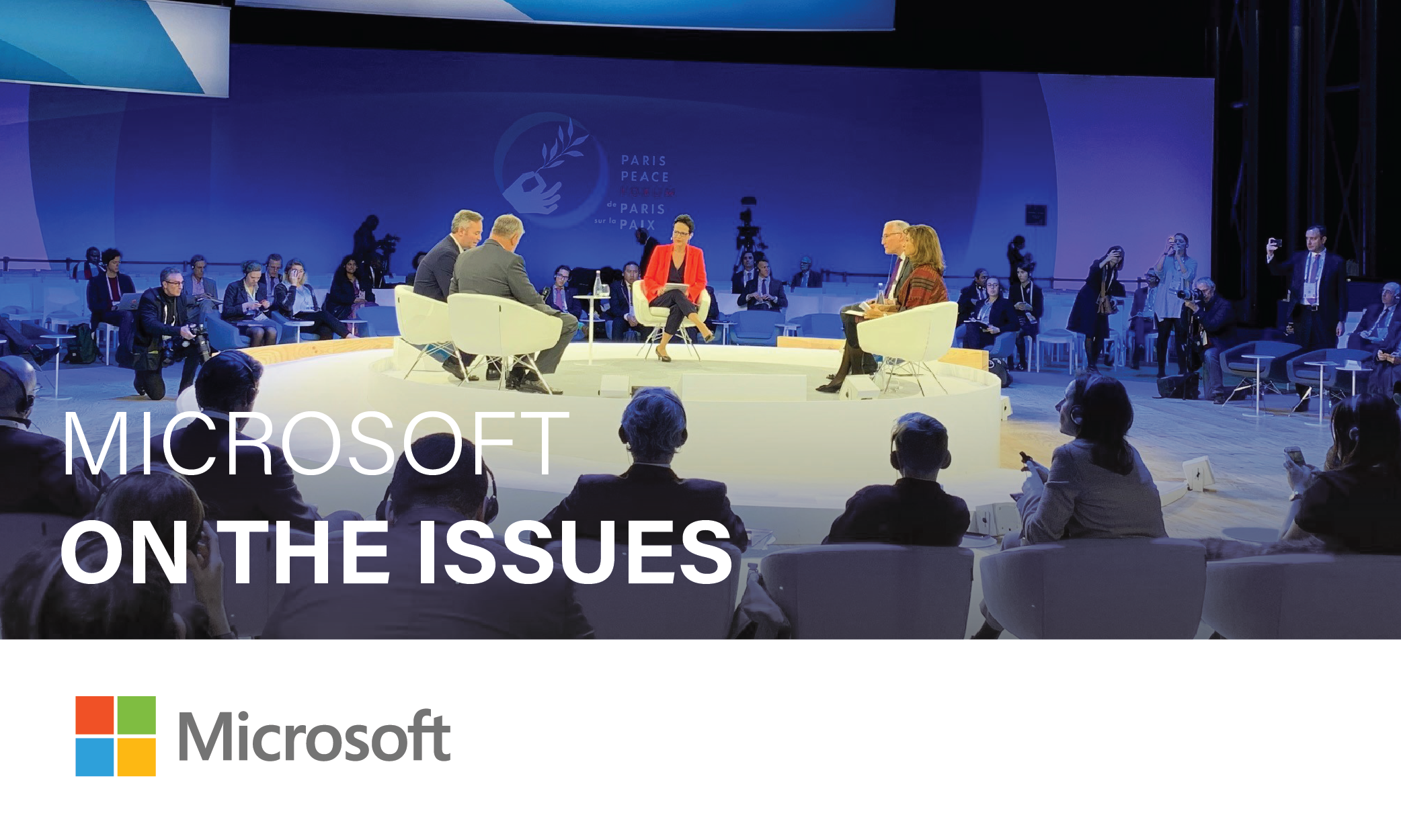The Paris Call for Trust and Security in Cyberspace launched in 2018 with the commitment of signatories to stand up to cyber threats like election interference, attacks on critical infrastructure, and supply chain vulnerabilities. Last week, on the first anniversary of the call, the number of signatories has nearly tripled to more than 1,000 and now includes 74 nations; more than 350 international, civil society and public sector organizations; and more than 600 private sector entities. These commitments to the Paris Call from around the world demonstrate a widespread, global, multi-stakeholder consensus about acceptable behavior in cyberspace.
☰
More from GZERO Media
ZOHRAN MAMDANI, Rama Duwaji, MIRA NAIR, MAMOOD MAMDANI during an election night event at The Brooklyn Paramount Theater in the Brooklyn borough of New York, US, on Tuesday, Nov. 4, 2025.
(Photo by Neil Constantine/NurPhoto)
Last Tuesday, a self-identified democratic socialist who ran on making New York affordable for the 99% won the city’s mayoral race in a landslide, defeating former Governor Andrew Cuomo. And the reactions have been predictably hysterical.
What We’re Watching: UK’s Starmer on the ropes, Mexico’s Sheinbaum beefs up security in wild West, Hamas fighters trapped in their own tunnels
November 12, 2025
UK Prime Minister Keir Starmer leaves 10 Downing Street in London, United Kingdom, on November 12, 2025.
REUTERS/Hannah McKay
A fruit and vegetable stall is lit by small lamps during a blackout in a residential neighborhood in Kyiv, Ukraine, on November 6, 2025, after massive Russian attacks on Ukraine's energy infrastructure in October.
(Photo by Maxym Marusenko/NurPhoto)
As a fourth winter of war approaches, Russia is destroying Ukraine’s energy grid faster than it can be rebuilt.
Hard Numbers: Israel arrests violent settlers, US House ends extended recess, Botswana eyes majority stake in diamond giant, & More
November 12, 2025
An Israeli activist is seen recording illegal settlers driving past a village in Masafer Yatta in the West Bank, on October 28, 2025.
Davide Bonaldo/Sipa USA
Small businesses are holding their ground, but with less job creation and slower deposit growth, resilience is being tested. As payments slow and debt creeps up, how will they adjust in a shifting economy? Subscribe to Bank of America Institute today for small business trends.
Walmart’s $350 billion commitment to American manufacturing means two-thirds of the products we buy come straight from our backyard to yours. From New Jersey hot sauce to grills made in Tennessee, Walmart is stocking the shelves with products rooted in local communities. The impact? Over 750,000 American jobs - putting more people to work and keeping communities strong. Learn more here.
- YouTube
In this Ask Ian, Ian Bremmer breaks down why the longest government shutdown in US history is likely coming to an end.
Last week, Microsoft committed $15.2 billion to the UAE. This strategic investment expands cloud and AI infrastructure in the Middle East. It aims to boost regional innovation, economic diversification, and digital resilience. The move underscores tech’s role in shaping global competitiveness and security. A milestone for the UAE — and a signal of where the digital future is headed. Read the full blog here.
© 2025 GZERO Media. All Rights Reserved | A Eurasia Group media company.
